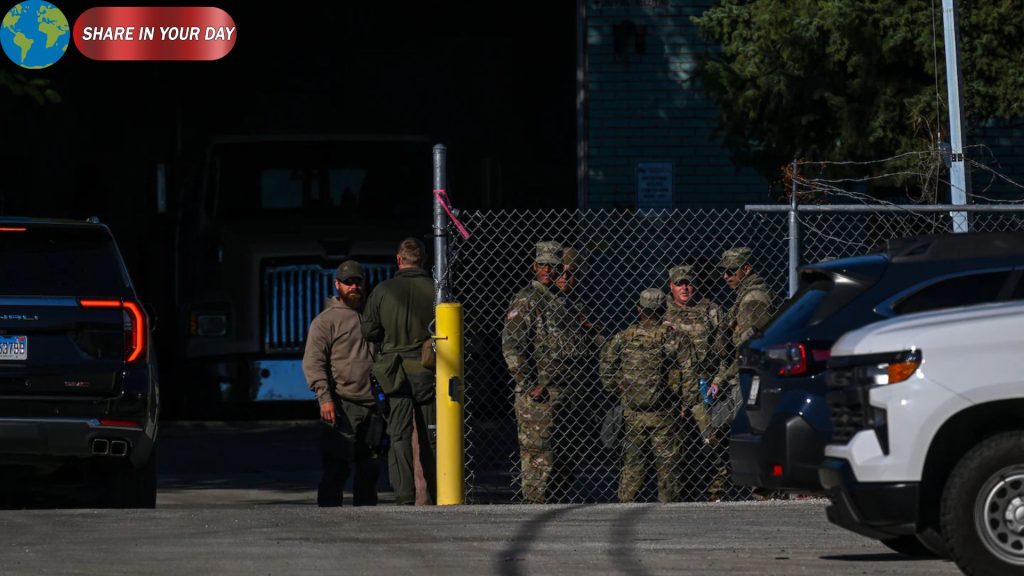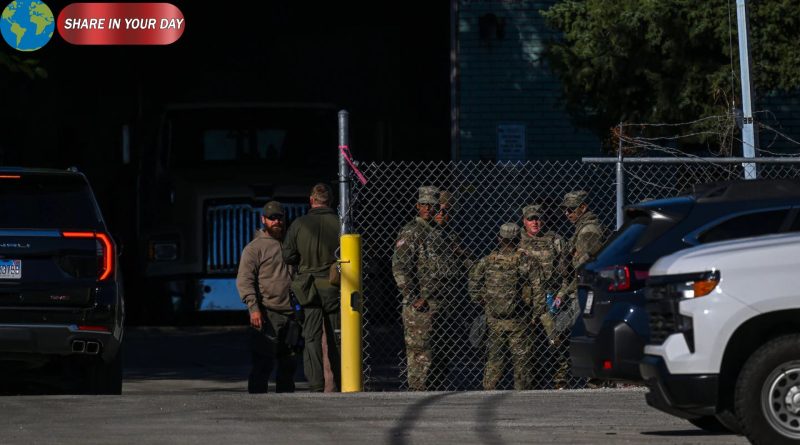A federal judge in Chicago has temporarily blocked President Donald Trump’s plan to deploy National Guard
troops in Illinois, marking the second such legal setback within a week following a similar ruling in Portland, Oregon.
U.S. District Judge April M. Perry expressed skepticism about the Trump administration’s rationale for deploying troops, citing concerns over potential civil unrest and the broad scope of military involvement. State and local officials argue that federal troop deployments represent unlawful overreach and threaten state sovereignty, especially in light of declining crime rates in Chicago.
The judge noted that the deployment could lead to civil unrest and questioned the necessity of such a measure. In response to the ruling, a White House spokeswoman stated that President Trump had “exercised his lawful authority to protect federal officers and assets” and suggested an appeal was forthcoming. The administration maintains that the deployment is necessary to protect federal property and personnel amidst rising political tensions.
The legal challenges in Chicago and Portland are part of a broader resistance across several cities—including Los Angeles and Washington, D.C.—against Trump’s attempts to use military forces for domestic enforcement, particularly around immigration enforcement centers. Judicial scrutiny of federal law enforcement actions during protests is increasing, with courts questioning the legality and proportionality of these actions.
As the legal battles continue, the outcome of these cases could have significant implications for the balance of power between federal and state authorities, as well as the role of the military in domestic law enforcement.





